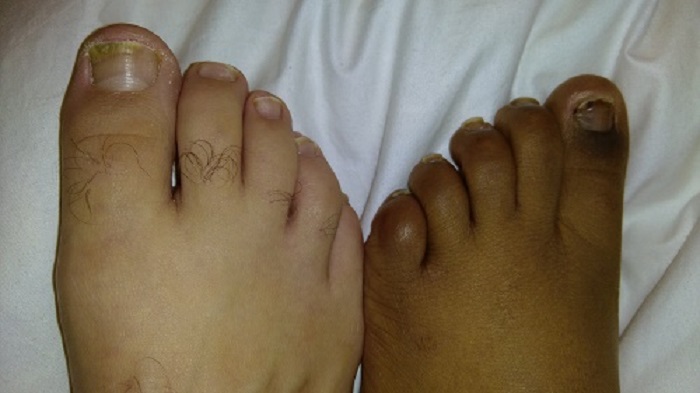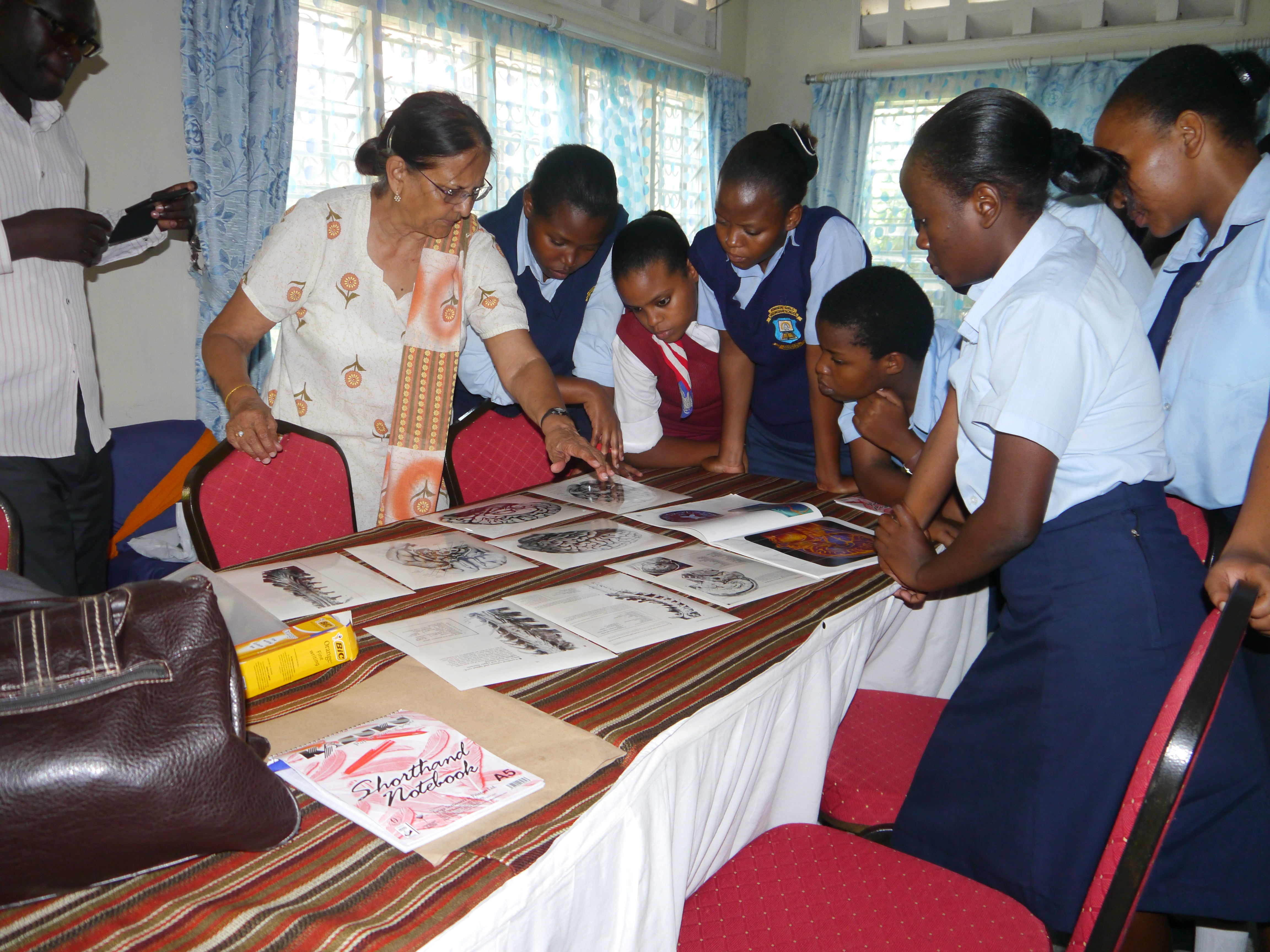Mobility matters
I spend a couple of days last week with a relative who has suffered an illness that left him temporarily paralysed from the waist down. Luckily for him, he has recovered from the underlying illness and is now working towards regaining his mobility.
This relative, in his mid-40’s has walked and ran all his life without giving it a second’s thought, now lifting his leg is a massive struggle. However, he has two things on his side: a massive determination to walk again and a wonderful physiotherapist.
When I visited on Thursday, he was able to bear his own weight and remain standing for barely 2 seconds, when I left on Saturday, he was standing on his two feet and managing to bear his weight for 10 seconds. It was a massive achievement and he felt very proud of it. As I watched him, I could not help but see that it takes a certain type of desire to live to the full and an intense focus on the present with a strong eye into the future, to wake up each morning and force yourself to struggle through the simple motions of everyday life.
My relative has learned to laugh when the day is going badly. He has chosen to focus on the little achievements and stay positive. But fighting through the mental block is not all that those who lose their mobility through one illness or another have to cope with in Kenya.
There is a large shortage of physiotherapist in Kenyan health facilities. They are mainly found in the large hospitals and none are found in the dispensaries which are closer to the large masses of people. In Kilifi, I cannot imagine that there are any physiotherapists away from the Kilifi District Hospital which serves a huge population.
The same can be found across the nation: physiotherapists are few and far between. Because of this shortage, many people have to make do with just one session of physiotherapy a week. Bringing a child for physiotherapy for many families is not a small issue. Usually, it is the mother of the home that has to carry the child on her back to hospital, leaving her other children unattended or missing a day’s work, which may mean no food for the children. With time, many stop coming for physiotherapy because the cost to the family is too high and a child, who would have regained some level of mobility, deteriorates.
My relative can afford to pay for a physiotherapist to be at his house for an hour every day. In those few days, I watched her change tactics according to the patient’s needs. Because she spends time with him, she is able to know what muscles to work on each day, to plan a schedule that fits well with her patient. It is highly unlikely that the outcomes from this relative of mine will be similar to those of patients who get to see the physiotherapist once a week.
Availability and accessability of mobility aids is another problem that many have to deal with. Mobility aids are not that easily available. The Associations of the Physically Disabled in Kenya www.apdk.org does a good job at manufacturing mobility aids with the focus being on the permanently handicapped. At the Coast of Kenya, they have a strong presence and one can see their tricycles on the Mtwapa-Mombasa road often, ridden by those with severe disabilities of the lower limbs. They have done a great job and need to be supported in all ways possible (apdklikonifurniture.org and apdkbombolulu.org ).
However, a lot still needs to be done to improvise mobility for those suffering from disabilities. Kenya has produced many orthopaedic technicians, but few have gone into making mobility aids so they remain very expensive. Many top-end hospitals do not stock locally available aids. Doctors in these top-end hospitals insist on Oppo® products which, although good quality, are highly overpriced.
In India, support for local ingenuity and creativity has driven the cost of these mobility aids down while raising the quality of items to cater for different markets.
The only reason why a walker from a top-end hospital in Kenya will cost Ksh9,000/- while the same item of better quality from India costs Ksh 900/-, is because India allowed the locally produced items to penetrate a wider market and trusted that their products were as good as any imported item.
Buying our own locally produced mobility aids will drive the costs of items down, increase competition in the market and improve quality. I am not against Oppo® but for associations like APDK and rooting for our own orthopaedic technicians to be more creative and come up with products that suit the local needs.
The county governments will help if they employ orthopaedic technicians and gave them some funding to be creative and develop aids suited for the different regions. I imagine that aids for certain regions will differ depending on the local conditions and most common ailments.
In the meantime, I look forward to the next visit to my dear relative next month. I am confident he will be walking with crutches then.




